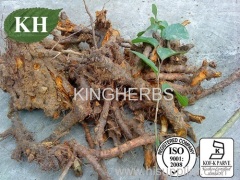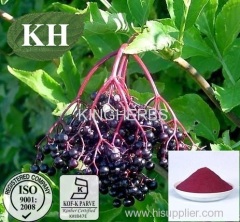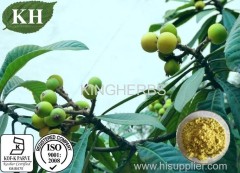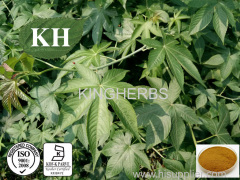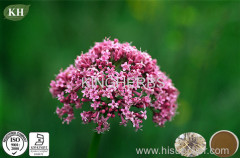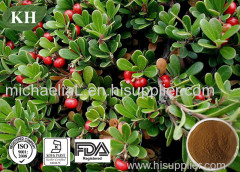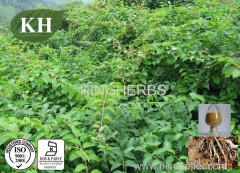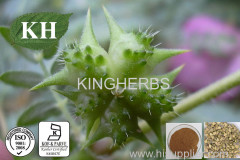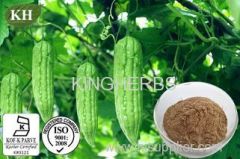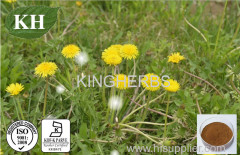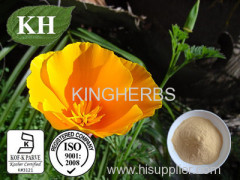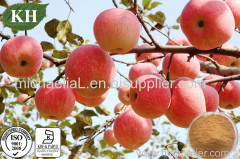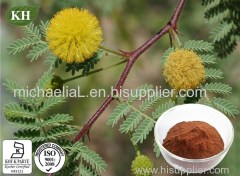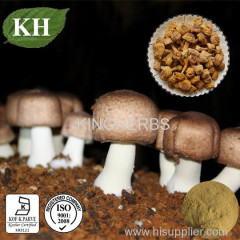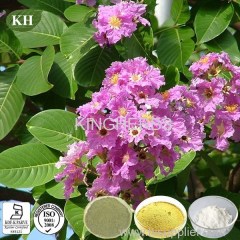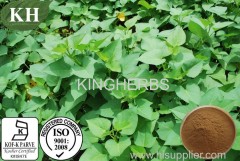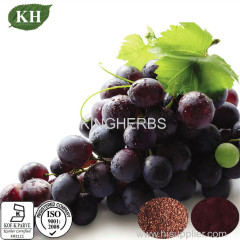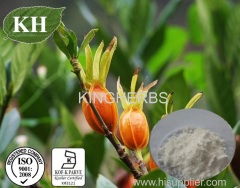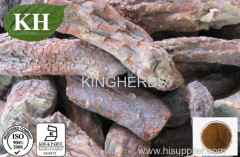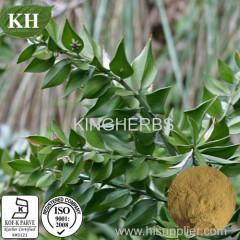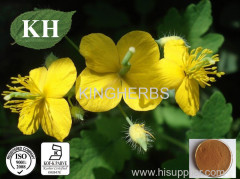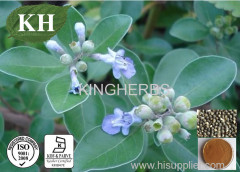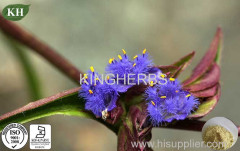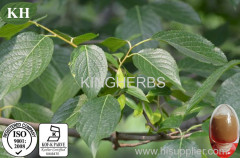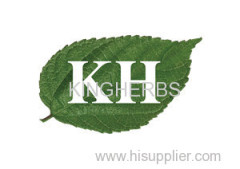|
KINGHERBS Li
|
Magnolia Bark Extract Magnolol Honokiol and Biphenol
| Price: | 100.0 USD |
| Payment Terms: | T/T,L/C,Paypal |
| Place of Origin: | Hunan, China (Mainland) |
|
|
|
| Add to My Favorites | |
| HiSupplier Escrow |
Product Detail
Magnolia bark is rich in two biphenol compounds, (magnolol and honokiol)
Magnolia Officinalis Extract
Pharmaceutical name: Cortex Magnoliae Officinalis
Latin botanical name: Magnolia officinalis Rehd. et Wils., . var. biloba Rehd. et Wils.
Family name: Magnoliaceae
Pron. in Korean: mubak
Common Name: magnolia bark
Appearance: Light yellow to white Powder
Actions & Indications: transform phlegm and rids of dampness and stagnation in spleen and stomach indigestion, flatulence, loss of appetite, vomiting, diarrhea and constipation.
Medical Function: The decoction in test tubes show that it had strong inhibition of Staphylococcus aureus, relaxing skeletal muscle effect, improves digestion, inhibits pain and sedative effect
Introduction
Magnolia bark is rich in two biphenol compounds, (magnolol and honokiol), which are thought to contribute to the primary anti-stress and cortisol-lowering effects of the plant. The magnolol content of magnolia bark is generally in the range of 2-10 percent, while honokiol tends to occur naturally at 1-5 percent in dried magnolia bark. Magnolia bark also contains a bit less than 1 percent of an essential oil known as eudesmol, which is classified as a triterpene compound, and may provide some additional benefits as an antioxidant.
Main Functions:
Weight control, Weight loss
Inhibit bacteria growth and viral infection
Inhibit secretion of acidity, anti-dental caries and anti-periodontal disease
Anti-virus, tumor and cancer. apotential anti-cancer material
Anti-inflammatory and canker. remove phlegm and relieve asthma
Anti-anxiety: relax striated muscles, reduce blood pressure, use for anti-stress and anti-anxiety
Powerful antioxidant protection: 1000 times more potent than vitamin E in inhibiting lipid peroxidation, a major contributor to atherosclerosis and heart disease. It's useful to cardiovascular.
kingherbs



